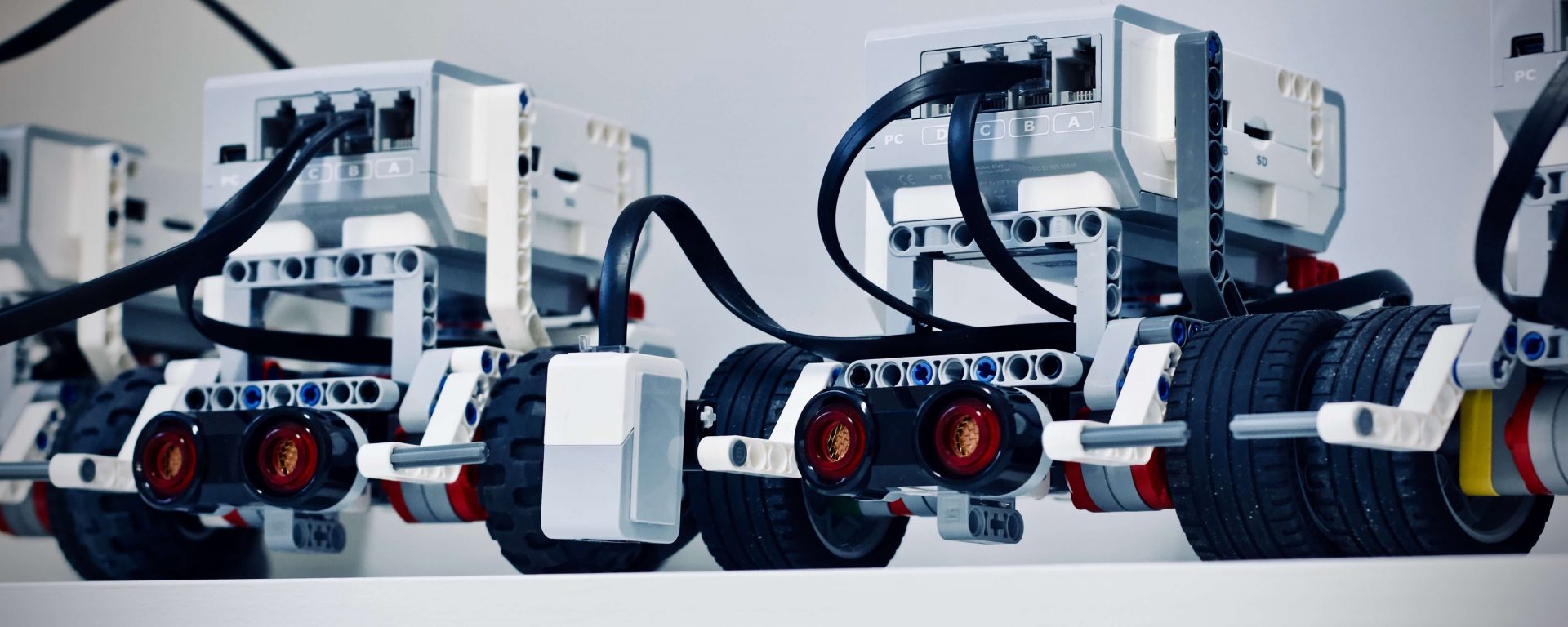88YTY News Hub
Stay updated with the latest trends and news.
Robots: Our Future Co-Workers or Just Fancy Gadgets?
Explore the future of work with robots—are they our new co-workers or just high-tech toys? Discover the truth now!
Will Robots Replace Human Jobs in the Workplace?
The question of whether robots will replace human jobs in the workplace has sparked significant debate among economists, technologists, and workers. According to a report by the McKinsey Global Institute, up to 800 million jobs worldwide could be displaced by automation by 2030. However, this doesn't necessarily mean that all these roles will vanish entirely; rather, many jobs will evolve, requiring workers to adapt to new technologies and learn new skills. As robots and AI take over routine tasks, humans may find themselves focusing more on complex problem-solving and creative roles that machines cannot easily replicate.
While the prospect of automation is indeed daunting, it can also create new job opportunities. For instance, as Forbes highlights, new industries will emerge alongside advancements in technology, leading to demand for skilled workers in fields such as AI, machine learning, and data analysis. Therefore, rather than merely replacing human jobs, robots may change the nature of work itself, necessitating workforce retraining and education to prepare for the future labor market.

How Robotics is Transforming Industries: A Look at Automation
Robotics is revolutionizing industries by enhancing automation processes, enabling businesses to operate with unprecedented efficiency and accuracy. In sectors such as manufacturing, logistics, and healthcare, robots are taking on tasks ranging from assembly line production to complex surgical procedures. As outlined in a recent Forbes article, the integration of robotics allows companies to reduce labor costs while increasing output, leading to higher profitability and innovation.
Moreover, the impact of automation through robotics extends beyond productivity gains. By taking on dangerous and repetitive tasks, robots help improve workplace safety and allow human workers to focus on more strategic responsibilities. According to a McKinsey report, industries that embrace robotics not only enhance operational performance but also contribute to skill development and job creation in new areas. The future of industries hinges on this technological shift, indicating a promising horizon for both businesses and employees alike.
The Ethics of Working Alongside Robots: What We Need to Consider
As the integration of robots in the workplace becomes more prevalent, the ethics of working alongside robots presents a complex array of challenges that must be addressed. One of the primary considerations is the impact on employment. While robots can enhance productivity and efficiency, there is a concern about job displacement for human workers. According to a report by the McKinsey Global Institute, automation could displace up to 20 million jobs by 2030. Companies must ethically navigate these changes by retraining workers and providing support during transition periods.
Another critical aspect to consider is the ethical implications of decision-making by robots in professional environments. As robots take on more roles that involve judgment and risk, the potential for bias in algorithmic decision-making arises. It is essential for developers to ensure transparent processes and accountability. The MIT Technology Review discusses how bias in AI can perpetuate existing inequalities, stressing the need for ethical frameworks that prioritize fairness and respect for all employees in this evolving landscape. Engaging in conversations about the responsibilities of both humans and machines is vital for a harmonious coexistence.